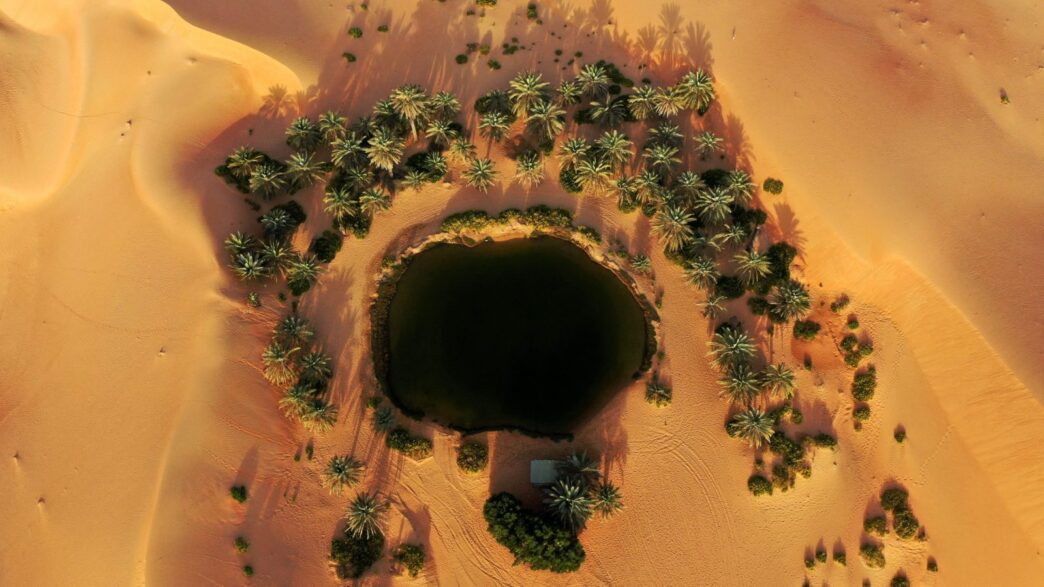Gulf AI boom slammed for massive water use
The Gulf’s AI data center rush is running headfirst into a huge problem: water scarcity. Data centers in the UAE, Saudi Arabia, and Qatar will need 426 billion liters annually by 2030—up from 119 billion liters in 2025, according to Mordor Intelligence.
The UAE’s 1-gigawatt Stargate AI campus and Saudi Arabia’s 2,200 megawatts of new data center capacity are pushing tech giants like Google, Microsoft, and AWS into the region. But data centers gulp water for cooling—each 1-megawatt center uses 25.5 million liters yearly, servicing the water needs of 300,000 people.
The World Resources Institute ranks these countries among the most water-stressed worldwide. Their daily per capita water use is triple Europe’s average, largely relying on energy-hungry desalination plants.
The hot Gulf climate forces evaporation-based cooling—making the water problem worse. OpenAI’s GPT-3, powering ChatGPT, needs about 500 ml of water per 10–50 responses.
Anita Nouri, CEO of Green Growth Planning Consultancy, told Rest of World:
Excessive water consumption for cooling in data centers is becoming a significant environmental concern.
George Chanos, tech analyst, warned:
Water demand from AI could become a huge issue by 2027 — AI data centers may use more water than entire countries like Denmark, and more energy than countries like France.
Some data center operators are testing alternatives. UAE’s Khazna Data Center is experimenting with treated sewage water cooling. Equinix uses lake water and geothermal cooling in Toronto. Closed-loop water recycling and air-cooled tech are also in early use.
Microsoft plans a $1 billion Abu Dhabi research center on water-efficient AI infrastructure. Google partners with local universities on next-gen cooling.
Yet, transparency is low. Fewer than 25% of Gulf organizations track water-specific metrics. Regional energy grids strain with desalination scaling to meet water and power needs.
Despite this, Gulf states like Kuwait, Qatar, Oman, and Bahrain are deepening AI infrastructure investments.
Nouri said:
We need to innovate and adopt technologies that reduce water dependency.
Water scarcity could threaten the Gulf’s AI dreams unless cooling tech and water management improve fast.







![How AI Search Should Be Shaping Your CEO’s & CMO’s Strategy [Webinar]](https://aireadshub.com/storage/2025/08/The-Role-of-AI-Search-in-Shaping-CEO-and-CMO-332x173.png)
![How AI Search Should Be Shaping Your CEO’s & CMO’s Strategy [Webinar]](https://aireadshub.com/storage/2025/08/The-Role-of-AI-Search-in-Shaping-CEO-and-CMO-688x387.png)





